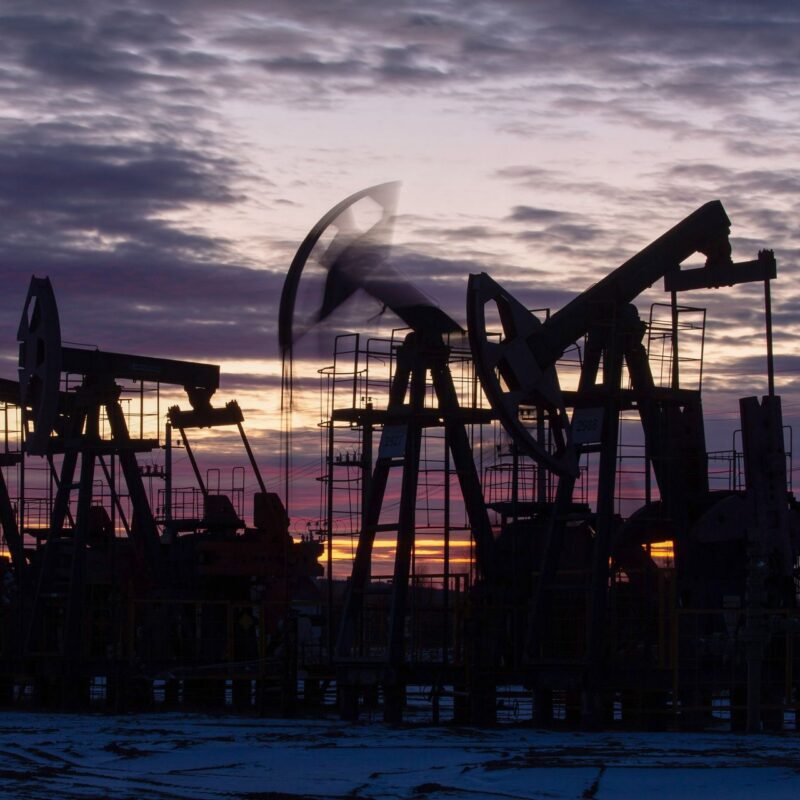Seventy-six million metric tons of oil reserves are located in the Arab Gulf, constituting around 66% of the global reserves. Oil represents a prominent source of income in the Middle East, proven by the increased production during the last decades. From 1980, oil production passed from 11 million barrels per day to 18 million. The two biggest producers in the region are Saudi Arabia and UAE, respectively, making 39 and 14 percent of the total share. Various studies show that the industry causes significant methane emissions, contributing to global warming and other emissions that create significant health risks for citizens. Notably, on 28 November 2023, the BBC warned that toxic gas in the Middle East is putting millions at risk. In particular, the article showed how oil production was spreading gases over hundreds of kilometers in the region, possibly jeopardizing the health of the residents.
Most GCC countries have appointed Commissions or National Councils to preserve the environment and control the health risks associated with oil production. The leading producer (Saudi Arabia) has also committed to contributing to the Paris Agreement through different measures. To mention some, installing 50 gigawatts of renewable and nuclear energy can reduce the country’s emissions during production.
Nonetheless, these measures are still insufficient to mitigate the negative impacts of energy production in the GCC. In an article from December 2023, Human Rights Watch (HRW) highlighted that exposure to particulate matter (PM 2.5) in the UAE was eight times higher than what the World Health Organization (WHO) considers safe. Based on the estimates of the organization, approximately 1872 people have died in 2023 due to outdoor air pollution. The BBC also showed that the GCC countries, due to gas flaring (burning of waste gas during oil drilling), endanger the lives of millions in the region. In particular, pollutants from flaring include PM 2.5 and Ozone NO2, which, at high levels, have been linked to strokes, cancer, asthma, and heart diseases.
Alarmingly, UAE national oil company Adnoc, run by Sultan al-Jaber, committed 20 years ago to end gas flaring; nonetheless, satellite assessment shows that it occurs daily. Other states, like Iraq and Kuwait, analyzed in the BBC study, declined to comment. On the other hand, oil companies like Saudi Aramco and Shell said they are working to reduce the practice.
The urgency in mitigating the negative impact of oil production in the Middle East has been vividly stressed. The UN Special Rapporteur on Human Rights and the Environment, David R. Boyd, recently commented: ‘’ Big oil companies and states in the Middle East are violating the human rights of millions of people by failing to tackle air pollution from fossil fuels.’’. ADHRB also expresses concerns over the health of millions of residents in the region. Acknowledging that respiratory diseases are the leading cause of death in the area, our organization considers that new positive steps should be taken. In particular, ADHRB points out the pronouncements of the Human Rights Committee in view of the case Portillo Caceres v. Paraguay, affirming that states must protect individual degradation under Article 6 of the ICCPR (Right to Life). With these aspects in mind, we stress the need for accountability for human rights violations, which, in this instance, are challenging due to political considerations and the dependency of the West on Middle East oil.





